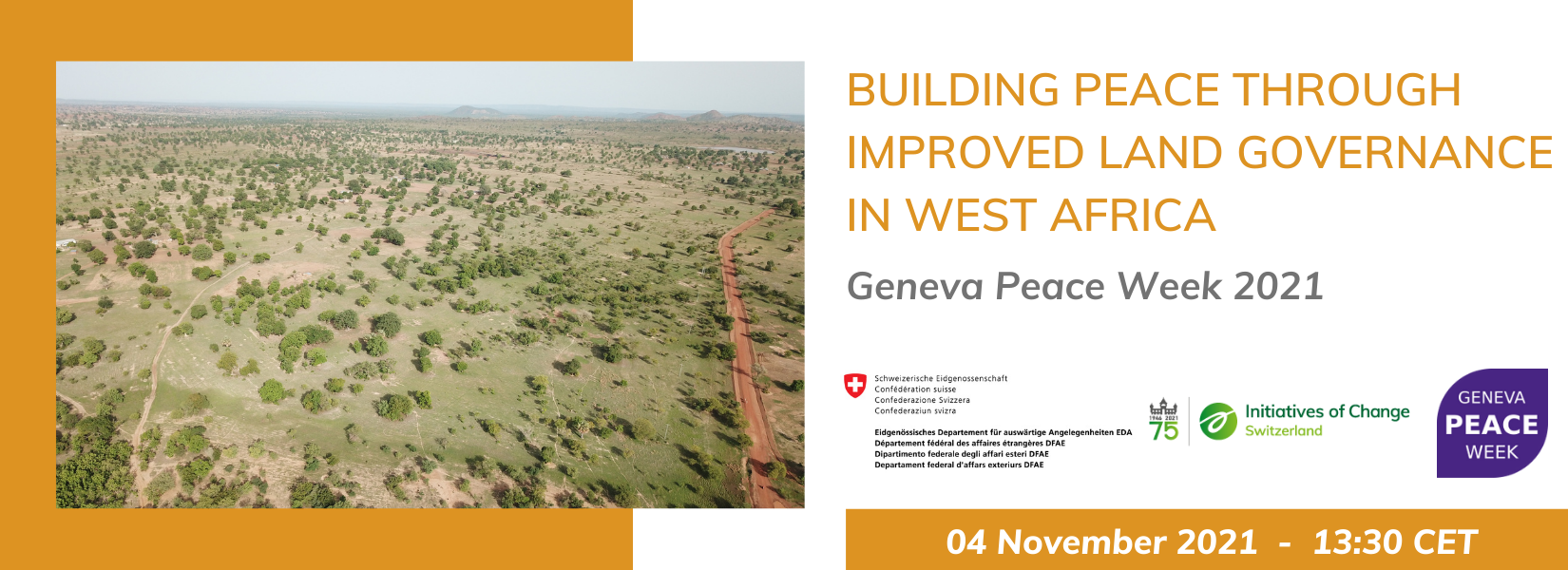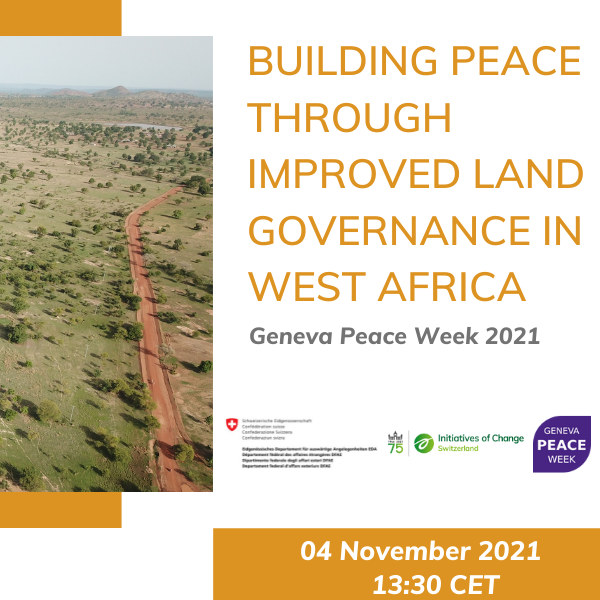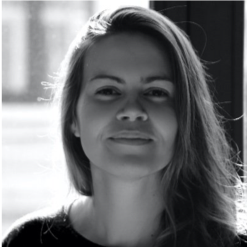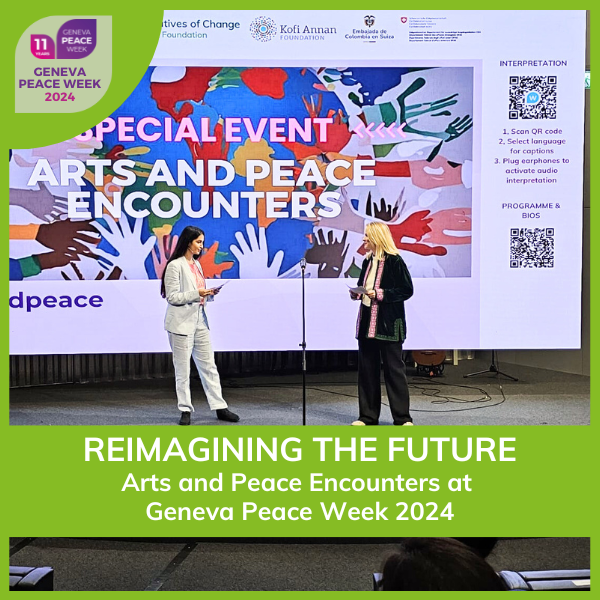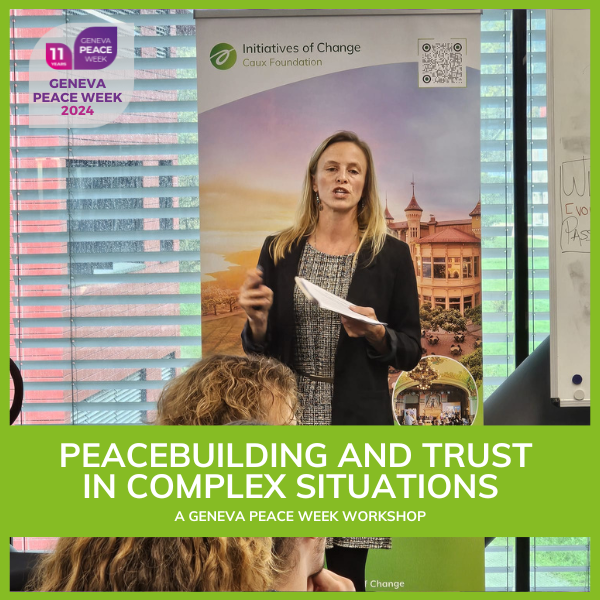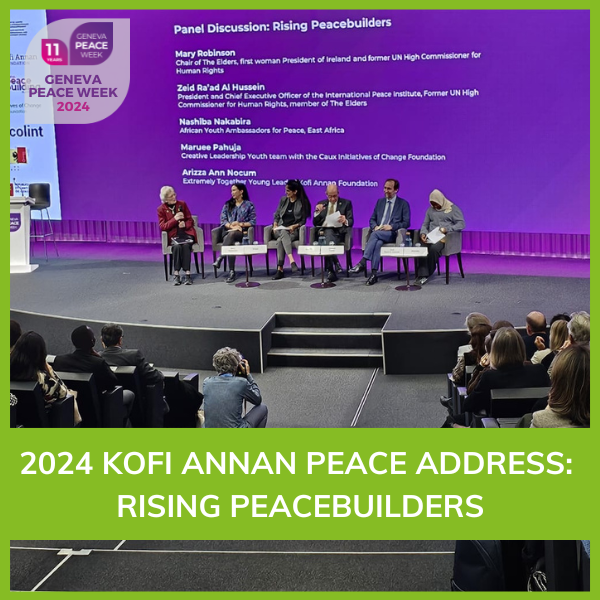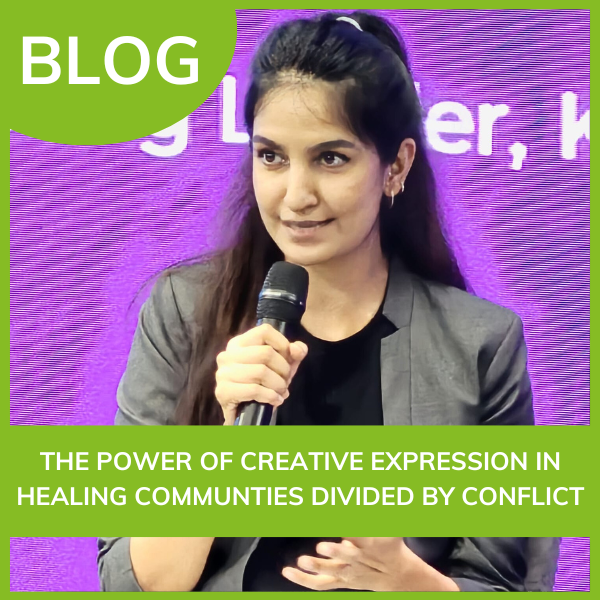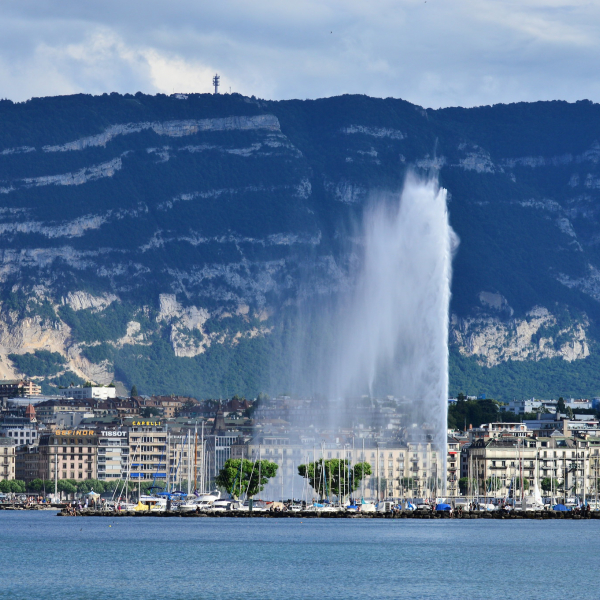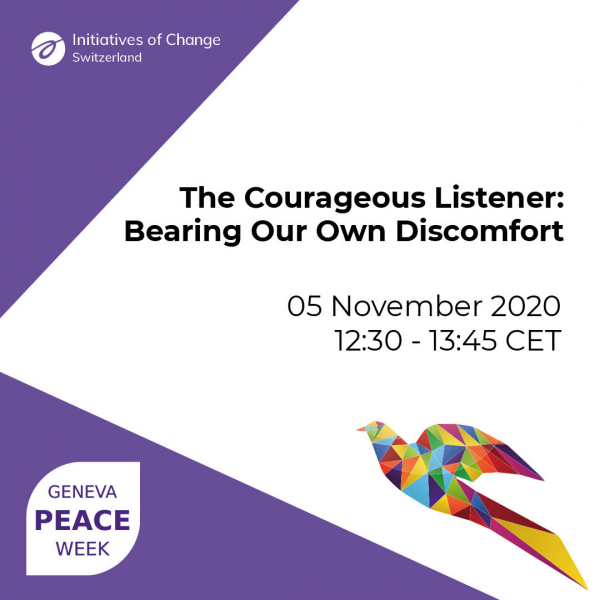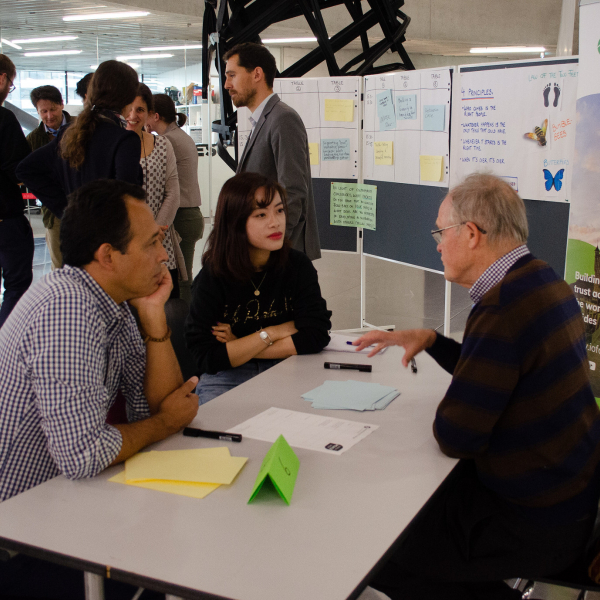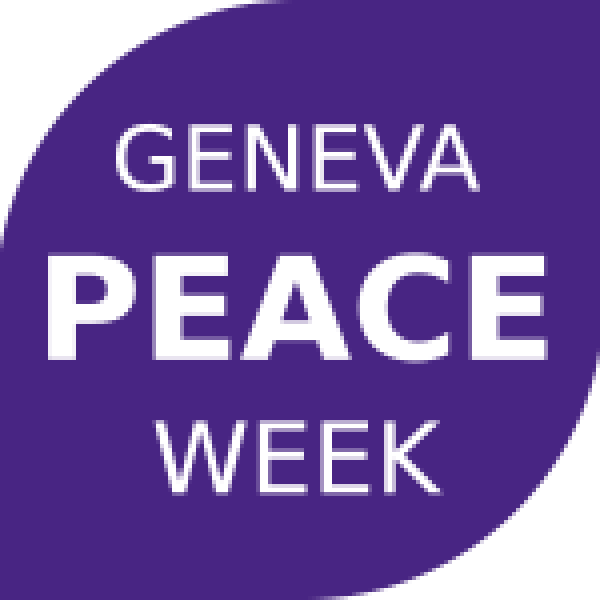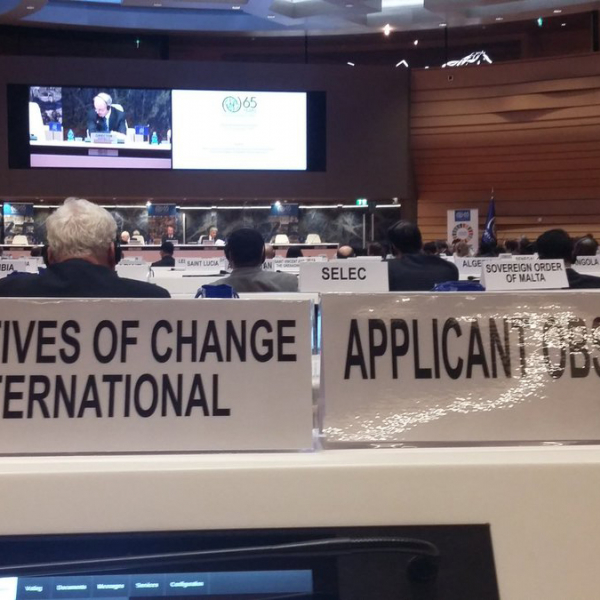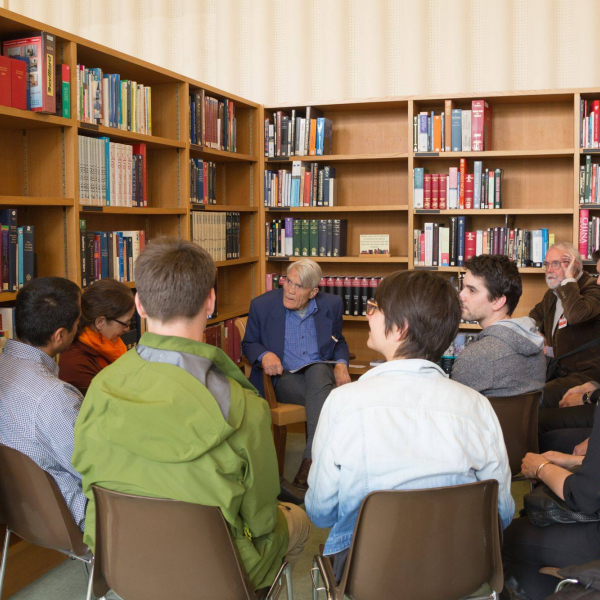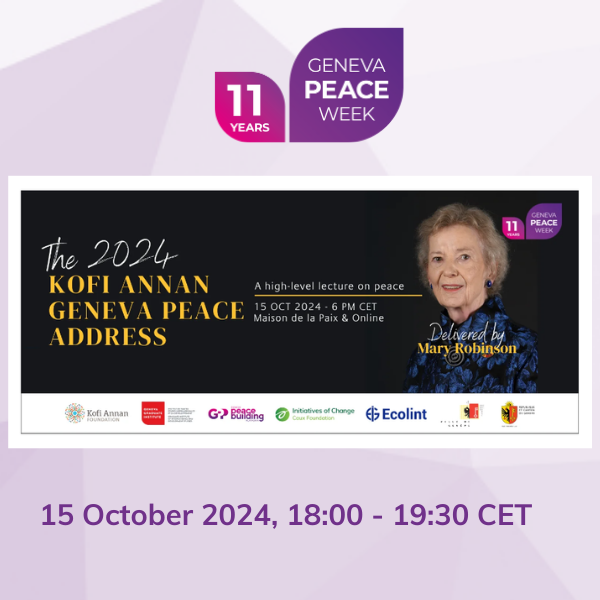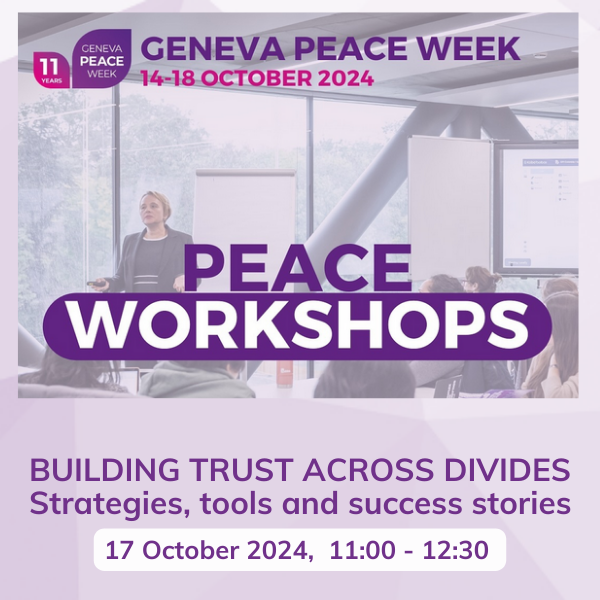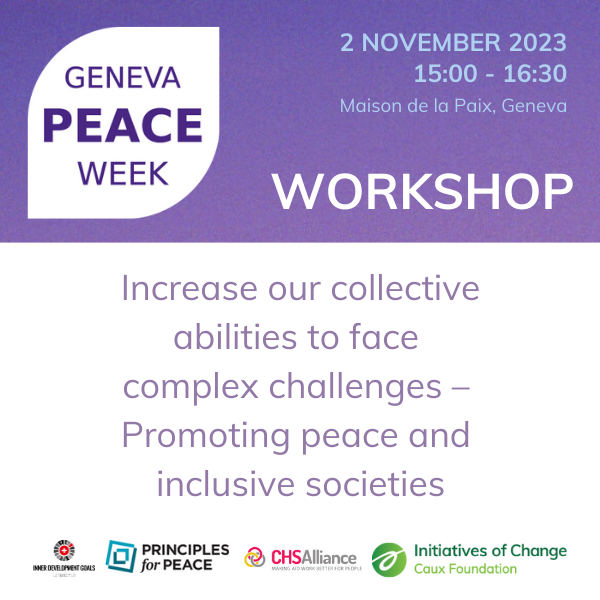Building peace through improved land governance in West Africa
Geneva Peace Week 2021
07/12/2021
As part of their partnership, Initiatives of Change Switzerland (IofC) and the Peace and Human Rights Division of the Swiss Federal Department of Foreign Affairs (FDFA) organized a webinar on Building Peace Through Improved Land Governance in West Africa as part of Geneva Peace Week 2021.
It followed previous webinars in July 2021, July 2020 and December 2020 on Generating Political and Community Solutions for Land Governance in West and Central Africa: A Path to Peace and Prosperity (summary report, video), Land and Security in Africa South of the Sahara (summary report, video) and Land governance in the Sahel (summary report, video).
The starting point was that environmental degradation is a major threat to peace and security in sub-Saharan Africa, where more than 80 per cent of the population depends on rainfed agriculture and pastoralism, and where economic livelihoods have long been inextricably linked to local rites and culture. At a time when modern and traditional lifestyles are in constant conflict, climate change and soil degradation mean that fertile land, water and pasture are less available. Land tenure, restricted access to protected areas, migration, armed conflict and violent extremism interact with each other, resulting in more and more areas which cannot be governed. Extremist groups take advantage of this situation to establish themselves in many places.
It is essential to better understand how these challenges contribute to the rise of violence and to monitor and support initiatives that help prevent it. All conflicts, environmental or otherwise, can be the subject of dialogue, as all parties involved ultimately need a peaceful natural, social and political environment if they are to thrive. It is therefore essential to build trust and shared goals for natural resource governance at all levels of local community and among government officials and policy makers.
By way of introduction, Carol Mottet, senior advisor to the Swiss FDFA and head of the Prevention of Violent Extremism programme, noted that all too often the authorities in charge of security and those who deal with land issues do not share the same concerns. She called for strong support for researchers and actors who have a global vision of the issues of violence, and who are working on concrete solutions. She proposed that emphasis should be placed on alternatives to purely security-based approaches and on the need for shared governance of natural resources that are not infinite.
The panel was moderated by Olivia Lazard (France), visiting researcher at Carnegie Europe and director of Peace in Design Consulting Ltd. She underlined the link between the environment and security, between land degradation and governance, between the urgency of working upstream on all terrains and that of anticipating climate change. She reminded us that excluding populations from decisions that concern them can lead to conflict, especially in land restoration where women are often those most involved. She advocated empowering local actors, taking into account new ecosystem analyses (such as linkages between regions that border each other, for instance the Congo River Basin and the Sahel), and understanding how to organize inclusive governance for soil regeneration.
_______________________________________________________________________________________________________________
Three questions for the panellists:
- What challenges do you face in your field of work?
- What would help make positive change more effective, both in terms of environmental restoration and conflict prevention?
- What responses are you, or those you know, making to these challenges? And at what level?
_______________________________________________________________________________________________________________
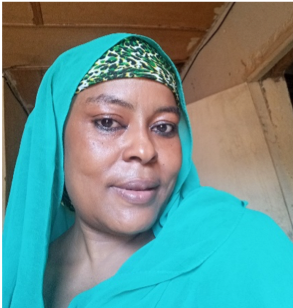 Safouratou Moussa Kane (Niger) is Secretary for the promotion of the Niger branch of the Network of Pastoralist Organizations. She showed how important it is to respect the balance between livestock and agriculture on lands that are shared and that represent vital resources for the whole population. Governance that does not take the sharing of space and resources into account, laws which are not enforced and lack of information about these laws lead to conflicts that can degenerate, as in many areas of the Sahel today. In addition, she said, land regeneration can create an opportunity for farmers and stockbreeders to work together. Unfortunately the state does not always support this, often for political reasons. Hence the significance of mobilizing the people concerned, including farm owners, for the management, upstream, of potential conflicts. She gave the example of the planting of Senegalese Mahogany as a mobilizer of cooperation. Another urgent concern is the discrimination that women face over access to land and inheritance, even though they are the main actors in land regeneration. It is important to let women express themselves and to find ways to bypass those traditions that do not allow them to speak in front of men.
Safouratou Moussa Kane (Niger) is Secretary for the promotion of the Niger branch of the Network of Pastoralist Organizations. She showed how important it is to respect the balance between livestock and agriculture on lands that are shared and that represent vital resources for the whole population. Governance that does not take the sharing of space and resources into account, laws which are not enforced and lack of information about these laws lead to conflicts that can degenerate, as in many areas of the Sahel today. In addition, she said, land regeneration can create an opportunity for farmers and stockbreeders to work together. Unfortunately the state does not always support this, often for political reasons. Hence the significance of mobilizing the people concerned, including farm owners, for the management, upstream, of potential conflicts. She gave the example of the planting of Senegalese Mahogany as a mobilizer of cooperation. Another urgent concern is the discrimination that women face over access to land and inheritance, even though they are the main actors in land regeneration. It is important to let women express themselves and to find ways to bypass those traditions that do not allow them to speak in front of men.
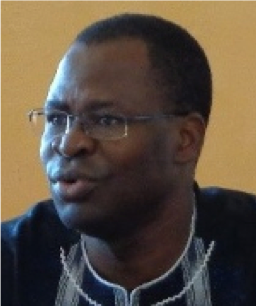 Professor Alexis Kabore, teacher-researcher at the Department of Sociology of the Joseph Ki-Zerbo University (Burkina Faso), showed how the thousands of square kilometers of forest lands in the sub-Saharan region, much of them protected for their wildlife, create a dynamic of violence because of the opaque governance related to them. They are often the preserve of the state and off-limits to indigenous populations who cannot benefit from their economic, political, social and spiritual advantages. These areas are exploited by violent extremists. Prof Kaboré hopes that the issues around protected areas will be rethought in the light of environmental, climate and security challenges and that their original populations will be put back at the heart of decision-making and of the lands to which they must regain access.
Professor Alexis Kabore, teacher-researcher at the Department of Sociology of the Joseph Ki-Zerbo University (Burkina Faso), showed how the thousands of square kilometers of forest lands in the sub-Saharan region, much of them protected for their wildlife, create a dynamic of violence because of the opaque governance related to them. They are often the preserve of the state and off-limits to indigenous populations who cannot benefit from their economic, political, social and spiritual advantages. These areas are exploited by violent extremists. Prof Kaboré hopes that the issues around protected areas will be rethought in the light of environmental, climate and security challenges and that their original populations will be put back at the heart of decision-making and of the lands to which they must regain access.
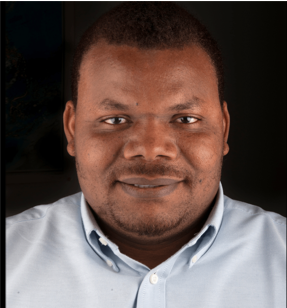 The final panellist was Ibrahim Yahaya Ibrahim (Niger), senior Sahel consultant-analyst at the International Crisis Group (ICG), Dakar, and co-founder of the Sahel Research Group. He showed that, although each conflict has its own dynamics, certain constants can be found in the Sahel: pastoral crises, droughts, competition over natural resources (poorly managed by states) and, most importantly, the inability of the authorities to respond effectively to crises and to give local actors, including women, the opportunity to intervene. In addition, the conflict resolution methods generally used no longer correspond to the needs of the people concerned, in particular those of women, young people and migrants. Moreover, the different land tenure systems, which are increasingly in conflict, escape effective regulation by the state: positive law and customary law clash to an extent that calls for an urgent overhaul of land tenure management. The communities directly concerned must be actively involved in this work.
The final panellist was Ibrahim Yahaya Ibrahim (Niger), senior Sahel consultant-analyst at the International Crisis Group (ICG), Dakar, and co-founder of the Sahel Research Group. He showed that, although each conflict has its own dynamics, certain constants can be found in the Sahel: pastoral crises, droughts, competition over natural resources (poorly managed by states) and, most importantly, the inability of the authorities to respond effectively to crises and to give local actors, including women, the opportunity to intervene. In addition, the conflict resolution methods generally used no longer correspond to the needs of the people concerned, in particular those of women, young people and migrants. Moreover, the different land tenure systems, which are increasingly in conflict, escape effective regulation by the state: positive law and customary law clash to an extent that calls for an urgent overhaul of land tenure management. The communities directly concerned must be actively involved in this work.
_______________________________________________________________________________________________________________
Group work supervised by four young facilitators
- Désiré TUYISHEMEZE, psychologist and member of Creators of Peace Burundi, Burundi
- Marienne MAKOUDEM TENE, Cameroon, National Coordinator and member of the International Committee of Creators of Peace,
- Saidou KABRE, Burkina Faso
- Stephane Junior DEWANG DIYO, Cameroun
The meeting continued in the form of group work around four questions. These gave rise to lively discussions, as the 50 or so people from the four corners of the world seized the opportunity to reflect on priorities and what they themselves could contribute:
- How to improve the role of women in the process of land restoration and governance?
- Land restoration with a focus on arid and semi-arid areas?
- How to empower local actors in the governance of the land?
- How to manage protected areas for the benefit and peace of communities?
The collective involvement of community leaders, civil society, existing and new management committees, women and youth, ‘outsiders’, land rights enforcers, and the central state were all called for.
It was agreed that the lack of commitment of everyone, wherever they are, is the main cause of the disarray experienced by the populations of the Sahel.
_______________________________________________________________________________________________________________
Every man for himself is no longer possible.
Land governance will be fair, inclusive and will not produce violence:
- when a common vision brings together local communities, land management committees, regional and national structures, and private and public donors
- when decisions and responsibilities are made at the appropriate level and in an inclusive manner
- when information circulates in a fluid manner (call for more forums, experience-sharing meetings, webinars)
- when the communities directly concerned are the main beneficiaries of their land and
- when women and youth are fully integrated into these decisions and have the opportunity to take responsibility.
Moreover, it was clearly stated that no peace or prevention of violence could be envisaged from now on without the integration of environmental issues and without listening to the local expertise of which the populations are the best depositories.
This also gave rise to a double call for inclusiveness:
- All those affected by a conflict, youth, women, community and customary leaders, along with public, local or central officials, must be integrated into the decision-making process. This is the only chance of success.
- And outsiders have a role to play in conflict prevention and management, including in local conflicts related to land, because ‘no one is a prophet in his own country’. There is an urgent need for mediation facilitation and methodology,from within or outside the country.
In conclusion, Alan Channer (UK) of Initiatives of Change Switzerland, who has been facilitating the Caux Dialogue on Environment and Security for the past 10 years, emphasized that this webinar was a step in a collaborative process, which people have gradually joined over the years – and will continue to join. ‘It is up to us to act now. Let’s use this digital technology to strengthen our ties and continue the dialogue.’
_______________________________________________________________________________________________________________
Putting it into perspective
The organizers of the webinar also spoke of the role of International Geneva as a centre for decision-making and the nucleus of a community of practice that has been working for many years on these issues of environment, climate, conflict and peace (ECCP – Geneva Dialogue on Environment, climate, conflict, and peace).
The inclusion of this webinar in the programme of the Geneva Peace Week 2021 was part of this effort. The ECCP is also elaborating a White Paper on Environmental Peacebuilding and the 2nd International Conference on Environmental Peacebuilding will be held in Geneva in February 2022.
All of this work, including the results of this webinar, will contribute to delivering a strong and compelling message to the Stockholm+50 Forum in June 2022.
_______________________________________________________________________________________________________________
Some strong recommendations
* Always include the environment in peace programming.
* It is time to move communities out of the subordinate role of ‘land management’ and give them the full right to participate in the ‘shared governance’ of their land and related conflict issues.
* There is a strong need for dialogue and facilitation to help overcome the impasses and violence into which land governance errors have sometimes led entire regions or communities.
*It is necessary to set up participatory management committees for forests and protected areas and to give back access to the original populations, so as not to fuel frustrations that can degenerate into violent excesses.
* There is a need for all actors involved, locally or centrally, to be aware of all other stakeholders. Everyone needs to be aware of each other's needs and interests. The fundamental question we need to answer is ‘How do we restore respect for each other to respond to each other's voices?’ – it's often not just about restoring land, but also human relationships and public governance!
* Mediation (listening, hearing and dialogue) can play an important role in this awareness of each other's interests and needs.
* The promotion of community dialogue as well as knowledge-sharing on land tenure and pastoral systems needs to be strengthened. Knowledge-sharing is more than important as much of this knowledge is not written down.
* Women’s experiences of land restoration need to be valued. Through them, they promote community dialogue and dialogue with young people who lack prospects, thus effectively combining the issues of land and peace.
* Exchange spaces such as this webinar must be strengthened. They bring together field actors, researchers and policy makers to regularly exchange on results and challenges and better optimize governance and the implementation of proposed actions.
Download the report in pdf
